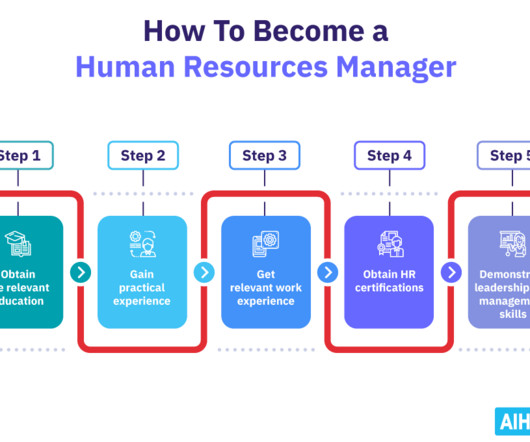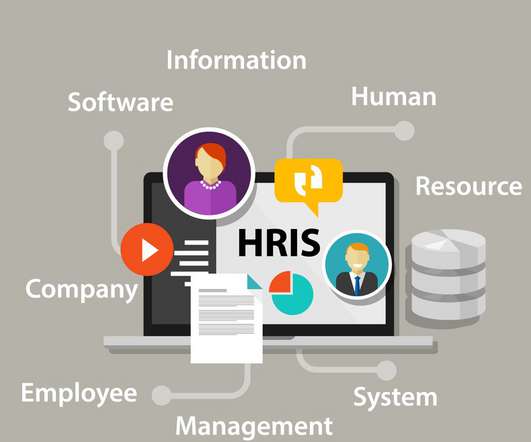How to Become a Human Resources (HR) Manager: The Definitive Guide
Analytics in HR
JULY 10, 2023
Performance management : HR managers facilitate performance evaluations, establish performance goals and metrics, provide feedback, and implement performance improvement plans when necessary. – Conducted regular reviews, analyzed statistics, and generated reports for monthly payroll activities.
















Let's personalize your content